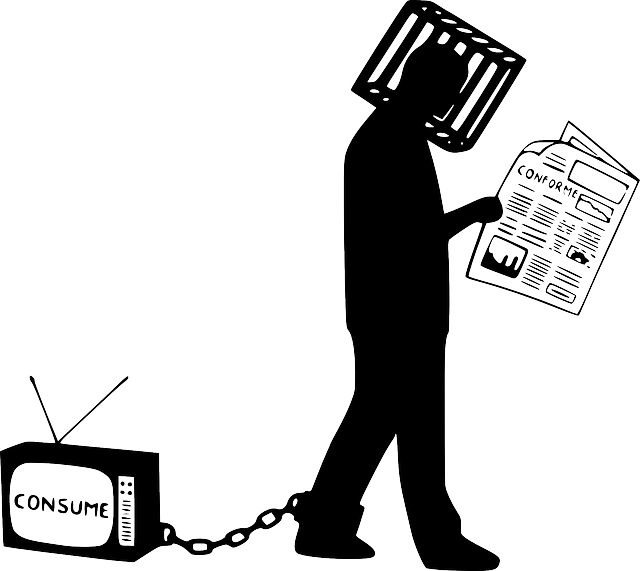Debt Consolidation Loans tailored for self-employed individuals offer a strategic solution to manage multiple debts, streamlining repayment with fixed interest rates and flexible terms. By securing these loans with business assets, competitive rates and enhanced negotiating power are achieved. Key factors in securing favorable conditions include assessing loan amounts based on income and debt, comparing fixed vs. variable interest rates, considering loan terms (shorter for higher monthly payments but less interest, longer for lower burden but extended costs), and leveraging unique assets, detailed business plans, and industry insights to negotiate better terms.
Debt consolidation loans offer self-employed individuals a strategic path to financial freedom. Understanding this specialized loan type is crucial for managing and reducing debt effectively. This article delves into the intricacies of debt consolidation loans for the self-employed, focusing on secured options. We’ll guide you through assessing various loan types, comparing key factors like interest rates and terms, and negotiating favorable conditions with lenders. By the end, you’ll be equipped to make informed decisions for a brighter financial future.
- Understanding Debt Consolidation Loans for Self-Employed Individuals
- Assessing Secured Loan Options and Their Benefits
- Key Factors to Compare for Getting the Best Rates and Terms
- Strategies for Negotiating Favorable Conditions with Lenders
Understanding Debt Consolidation Loans for Self-Employed Individuals
Debt Consolidation Loans for the Self-Employed can be a powerful tool for managing and reducing financial obligations. For individuals who are self-employed, this type of loan offers a unique opportunity to streamline multiple debts into one manageable repayment. This is particularly beneficial given the fluctuating income patterns often associated with self-employment. By consolidating debts, self-employed individuals can simplify their cash flow management, making it easier to stay on top of payments and avoid the stress of juggling multiple lenders.
These loans are designed to provide a fixed interest rate over a set period, offering stability and predictability in repayment terms. This structure is particularly attractive for self-employed people as it allows them to budget more effectively, ensuring they can meet their loan obligations while still allocating funds for business expenses and personal needs. With careful planning, debt consolidation can lead to significant savings on interest costs, making it a strategic move for financial freedom.
Assessing Secured Loan Options and Their Benefits
When considering Debt Consolidation Loans for the Self-Employed, assessing secured loan options is a strategic move to gain financial clarity. These loans offer unique benefits tailored to the self-employed individual’s needs, providing a path to manage and reduce debt effectively. By securing the loan with an asset, such as business equipment or real estate, lenders mitigate risk, often resulting in lower interest rates and more flexible terms for borrowers.
This approach allows self-employed individuals to consolidate various debts into one manageable loan, simplifying repayment processes. The security aspect not only enhances the borrower’s negotiating power but also opens doors to competitive rate offers. It is a powerful tool for financial optimization, ensuring that debt consolidation aligns with long-term financial goals and fosters business growth.
Key Factors to Compare for Getting the Best Rates and Terms
When comparing Secured Consolidation Loans, specifically tailored for the self-employed, several key factors come into play to secure the best rates and terms. Firstly, assess the loan amount offered. Different lenders provide varying limits based on income and existing debt. Opting for a lender that offers a suitable loan size will ensure you can effectively consolidate your debts without overextending yourself.
Interest rates are another critical aspect. Compare fixed vs. variable rates and choose what aligns best with your financial plan. Fixed rates offer predictability, while variables might be lower initially but can fluctuate. Additionally, consider the term of the loan—shorter terms generally have higher monthly payments but less interest paid overall, whereas longer terms ease monthly burdens but extend the cost over time.
Strategies for Negotiating Favorable Conditions with Lenders
When considering Debt Consolidation Loans for the Self-Employed, negotiating favorable conditions is a key strategy to ensure you get the best rates and terms. Lenders often have leverage points that can be exploited—for instance, many self-employed individuals offer unique assets or income streams that lenders want access to. By demonstrating your financial stability and providing detailed business plans, you can bolster your negotiating power. Share insights into your industry’s trends and how your business has weathered them; this shows resilience and a solid understanding of the market.
Additionally, timing plays a crucial role. Lenders may be more flexible during off-peak periods or when they have a high number of existing clients. Researching various lenders and comparing their offers is essential. You can leverage competing quotes to push for better terms, such as lower interest rates, longer repayment periods, or reduced fees. Remember, the self-employed status provides an opportunity to showcase your financial acumen and negotiate conditions that work best for your unique circumstances.
When exploring debt consolidation loans for self-employed individuals, understanding your financial landscape and comparing secured loan options are key. By assessing interest rates, term lengths, and collateral requirements, you can make an informed decision. Focus on factors like credit score impact, prepayment penalties, and lender reputation to secure the best rates and terms. Additionally, employing negotiation strategies can further enhance the conditions offered by lenders. Ultimately, equipping yourself with knowledge and utilizing available resources will facilitate accessing favorable debt consolidation loans tailored to meet your unique needs as a self-employed individual.
